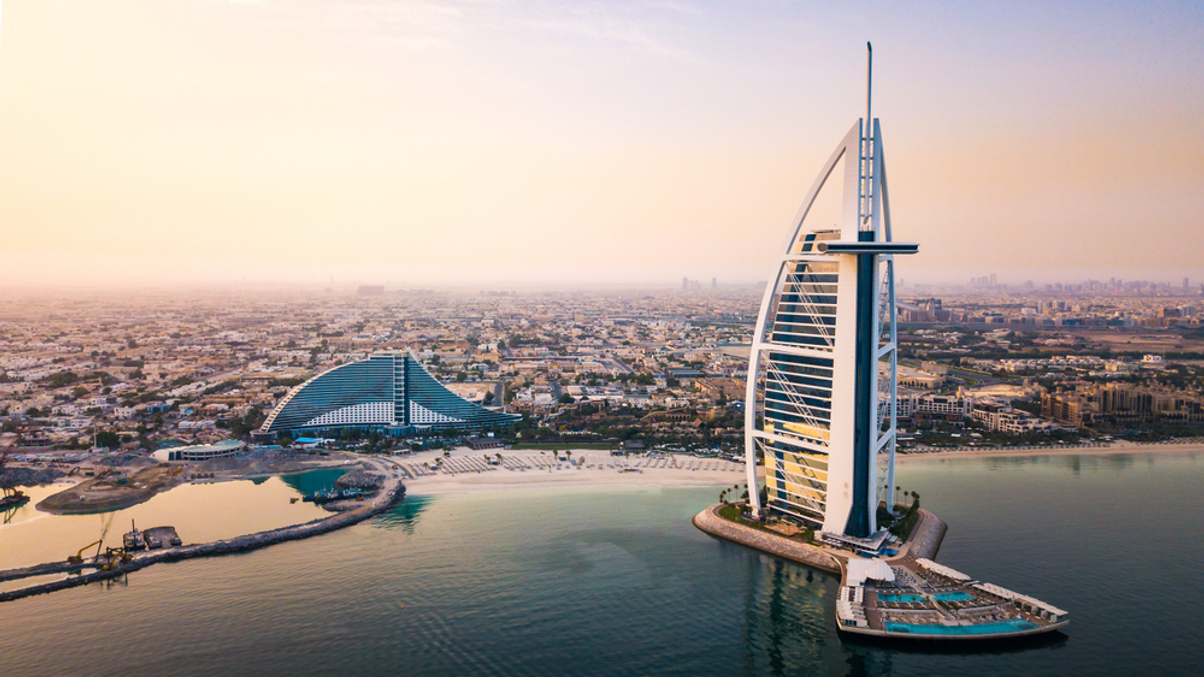Dubai woos HK family offices to fund 10-year economic plan
Dubai is courting wealthy Hong Kong investors to fund its ambitious 10-year economic plan and pivot to a digital and tech-driven economy. The city aims to become a leading family office hub by 2033.

Dubai is looking to bring in wealthy investors from Hong Kong to fund its ambitious 10-year Dubai Economic Agenda (D33) targetted at diversifying its economy.
Sign in to read on!
Registered users get 2 free articles in 30 days.
Subscribers have full unlimited access to AsianInvestor
Not signed up? New users get 2 free articles per month, plus a 7-day unlimited free trial.
¬ Haymarket Media Limited. All rights reserved.


